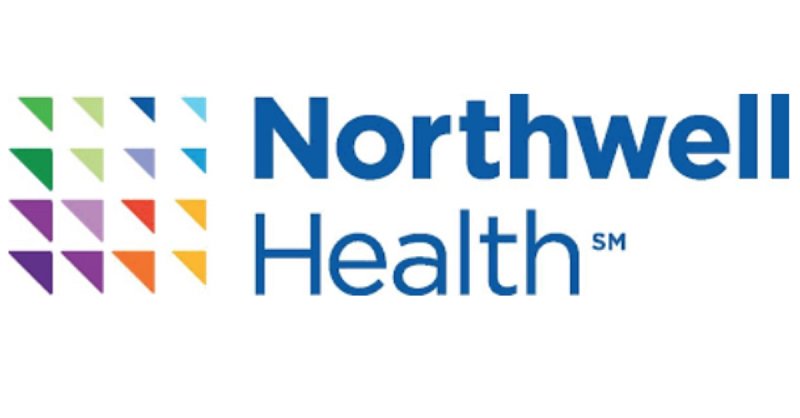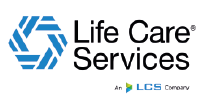How to Achieve Nurse Work Life Balance
Nurses play a critical role in the healthcare system, not only in delivering patient care but also by providing doctors with essential information, taking on leadership positions in healthcare settings, and educating patients about their diagnoses. However, nursing comes with significant challenges, from increasing workloads and safety concerns to the ever-present issue of burnout.
Understanding the Importance of Work-Life Balance in Nursing

In fact, nurse burnout is a growing concern globally, with 15.6% of nurses in the U.S. reporting symptoms of burnout, and 44% of nurses in the U.K. leaving the profession due to unfavorable working conditions. This underscores the urgent need for nurse work life balance to be addressed and find ways to maintain a healthy work-life balance—ensuring they not only thrive in their careers but also lead fulfilling personal lives.
Work-life balance refers to the equilibrium between the time and energy spent on work and that dedicated to other areas of life, such as family, hobbies, and rest. For nurses, achieving this balance can seem impossible given the stress that comes with the job. However, finding harmony between work and personal life is not only achievable, but it’s also essential for long-term well-being and professional satisfaction.
The well-being of nurses is intricately connected to the ongoing nursing shortage. High levels of stress, burnout, and dissatisfaction among nurses have led to attrition, exacerbating the shortage. Hospitals are recognizing that improving nurse well-being is crucial to retaining staff and maintaining patient care quality. Many organizations are prioritizing mental health resources, providing access to counseling, and fostering environments that reduce job-related stressors, such as excessive workloads and extended shifts.
Challenges Nurses Face in Achieving Work-Life Balance
Nurses encounter unique challenges when trying to balance work and personal life:
- Extended shifts and overtime: Long hours leave little time for personal pursuits or rest.
- Increased administrative tasks: Excessive time spent on paperwork detracts from patient care and personal downtime.
- Staff shortages: A common issue in many healthcare facilities, forcing nurses to take on additional responsibilities and shifts.
- Emotional and physical fatigue: The nature of nursing is both physically demanding and emotionally draining, further complicating the pursuit of balance.
At CliniShift, we understand the challenges nurses face and are dedicated to making their workdays more manageable, allowing for a better balance between professional responsibilities and personal time. The importance of flexibility and adaptability in the healthcare workforce can not be overlooked. Hospitals and healthcare systems should adopt agile staffing models that can respond quickly to changing patient demands and workforce availability. Our innovative workforce management platform offers several features that help nurses regain control over their schedules and reduce burnout.
Strategies to Enhance Work-Life Balance for Nurse
1. Flexible Scheduling for Nurse Work-Life Balance
While flexibility improves work-life balance, it raises concerns regarding the consistency of patient care. Some healthcare leaders worry that excessive flexibility could lead to gaps in staffing or uneven skill distribution across shifts, potentially compromising care quality. Balancing flexibility with operational efficiency is a challenge that hospitals are navigating by using data-driven staffing models and real-time workforce tracking systems.
CliniShift allows nurses to view and select available shifts based on their preferences and availability. By giving them more control over their work schedules, nurses can align their shifts with personal commitments and needs, such as family time, hobbies, or rest. With CliniShift, you can say goodbye to rigid schedules and unplanned overtime that disrupts your personal life.
2. Shift Swapping Made Easy
If unforeseen personal obligations arise, CliniShift’s shift-swapping feature makes it easy for nurses to exchange shifts with colleagues. This flexibility allows nurses to adapt their schedules in real-time without having to rely on their managers to facilitate changes, providing greater autonomy and reducing stress.
3. Real-Time Notifications
Our real-time notifications ensure that nurses are updated on available shifts, schedule changes, and staffing needs instantly. This transparency minimizes last-minute surprises and helps nurses plan ahead, contributing to a smoother balance between work and personal life.
4. Reduction of Administrative Burden
CliniShift streamlines the scheduling process and reduces the time spent on paperwork and administrative tasks. By simplifying communication between nurses and management, the platform frees up more time for patient care and personal time, helping to alleviate one of the most significant contributors to burnout—excessive non-clinical duties.
Helpful Tips to Improve Your Worklife Balance
In addition to using scheduling software like CliniShift, here are some practical steps nurses can take to improve their work-life balance:
At Work
- Set Priorities: Begin each shift by identifying the most critical tasks to complete. This helps nurses stay focused and gives them a sense of accomplishment, even during busy days.
- Take Short Breaks: Carve out time for small, restorative breaks to recharge mentally and physically, even if it’s just a few minutes outside.
- Learn to Say “No”: Be honest about the number of shifts you can handle. Overcommitting leads to burnout, and seeking help when overwhelmed is crucial.
- Foster Positive Relationships: Building strong relationships with coworkers can enhance team morale, creating a supportive work environment that alleviates stress.
At Home
- Engage in Regular Exercise: Physical activity can improve your mental well-being and energy levels. Activities like walking, swimming, or cycling help reduce stress and boost your mood.
- Prioritize Sleep: Nurses often struggle with maintaining consistent sleep schedules, but it’s essential to get 7–9 hours of rest. Creating a restful sleep environment and winding down with positive reflections can improve sleep quality.
- Reflect on Your Career Purpose: Reconnecting with the reasons you became a nurse can provide renewed motivation during challenging times. Consider keeping a journal of the positive impacts you’ve made on patients to remind yourself of your value.
- Practice Self-Care: Taking care of your physical, emotional, and mental health is vital to longevity in your nursing career. Regularly assess your needs and make time for yourself, whether through hobbies, relaxation, or social activities.
Achieving a healthy work-life balance benefits nurses in numerous ways:
- Reduced Burnout: Balancing work and personal time helps reduce feelings of overwhelm and burnout.
- Better Patient Care: When nurses feel fulfilled and rested, they can provide higher-quality care to patients.
- Long-Term Career Satisfaction: Nurses who find harmony between their professional and personal lives are more likely to stay in the profession long-term, fostering better career growth and job satisfaction.
At CliniShift, we’re committed to helping nurses achieve a sustainable work-life balance through smart scheduling solutions. By giving nurses more control over their shifts, simplifying administrative processes, and enhancing communication with management, we empower them to focus on what matters most: delivering exceptional patient care while maintaining a fulfilling personal life.
Your work is incredibly valuable—let us help you make it more manageable.







